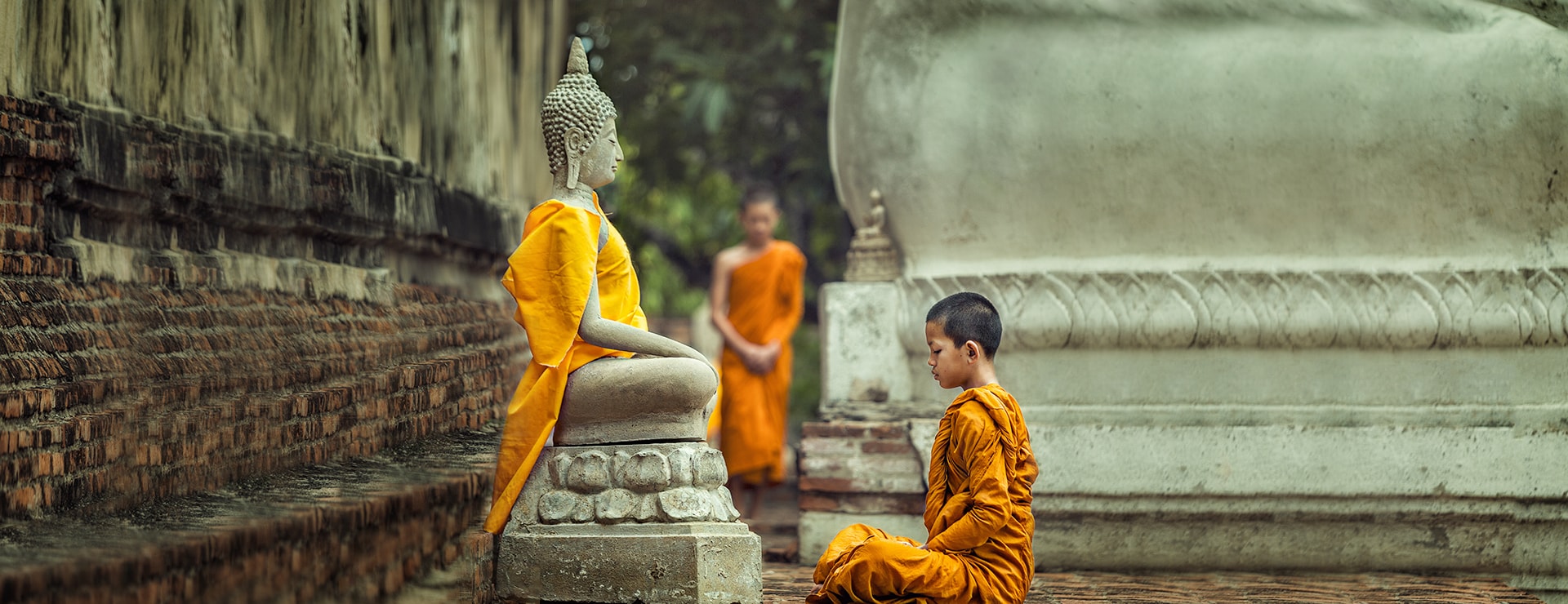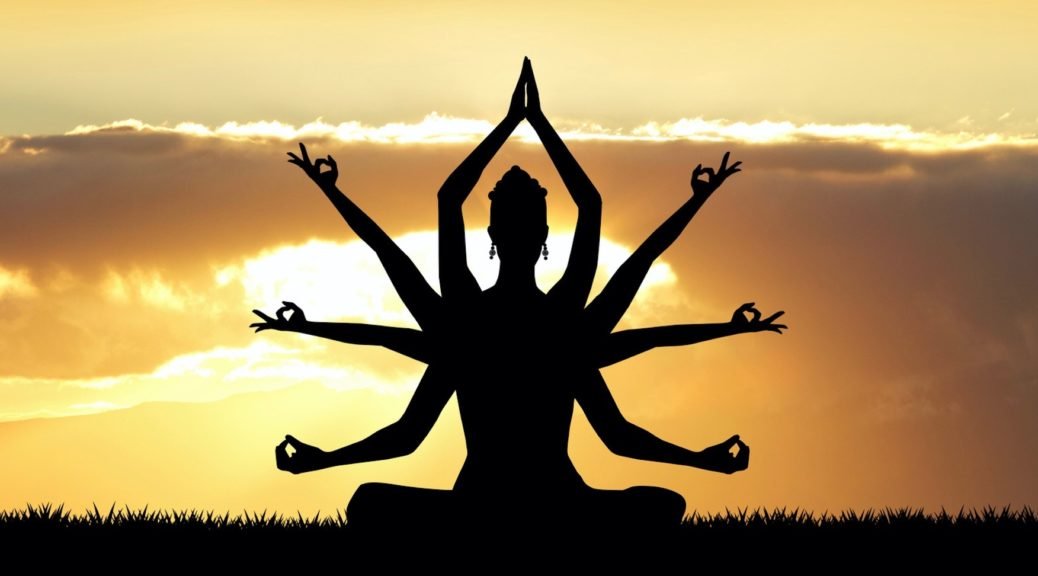What are the Essential Eight Parts of Yoga? Must Know Fact
Yoga in 21st Century has been a essential factor in life.With the increasing adulteration in food , pollution and unhealthy lifestyle of people with a busy schedule,Yoga is a must do routine there days. But doing yoga without proper knowledge and discipline may harm you ad your body parts. Maharshi Patanjali is considered as a yoga disciple. He composed the Yoga Sutras. There is a provision in the Yoga Sutras to concentrate the mind and become absorbed in God. According to Patanjali, yoga is to prevent the instincts of the mind from becoming restless. That is, yoga is to keep the mind stable and calm.

Yama, Niyama, Asana, etc. are considered to be the basic principles of Yoga by considering ‘mood control’ as yoga. Directly Hatha Yoga, Raja Yoga and Gyan Yoga are found in it .Yogasya,Ashtanam,Anganam, Group Ashtanga Yoga is a group of eight parts of yoga called Ashtanga Yoga. This is the source of the beginning of the chapter called Raja Yoga. He has divided the eight parts of yoga presented by Patanjali into two parts.The two parts are :
1. External parts:
Yama, Niyama, Asana, Pranayama, Pratyahara, Ashtanga are considered to be the external parts of Yoga. External yoga is required for the cultivation of the external aspects of the body.
2. Intimate parts:
Dharana, Dhyana, Samadhi, Ashtanga are the intimate parts of Yoga. They are self-centered, so their perfection is achieved through introspection.

Yoga
The Eight Important Parts of Yoga:
Yama, Niyama, Asana, Pranayama, Pratyahara, Dharana, Dhyana and Samadhi. These are the eight parts of yoga. These are explained below :
1.Yama
Don’t hurt others by heart, speech, behavior. It also includes non-violence. For example, speaking the truth, not stealing, not cheating. To be celibate
It includes non-violence, truth, non-violence, celibacy, non-acquisition. Celibacy has two meanings. To place a consciousness in the knowledge of Brahma. Two, to be restrained in all sense pleasures.

Yoga
Niyama:
Rules, Niyama that is, five personal ethics. In it, defecation means purification of body and mind, contentment means to be satisfied and happy, penance means to discipline oneself, self-contemplation means self-contemplation, Ishwar Pranidhan means to have full respect for God.
Asana
It is an asana in which one can sit still and comfortably. The asana is perfected by focusing on the laxity of effort and the Infinite Spirit. The perfection of these asanas does not lead to trauma from cold, heat, hunger, thirst, joy, melancholy, etc. conflict.

Yoga
Pranayama
Pranayama is the rhythmic movement of the breath after perfection in the asana.
Withdrawal (Pratyahar)
Complete liberation of the senses from lusts. Withdrawal is the practice of controlling the externalities of the senses and dissolving them in the mind. It is said that the yogi’s senses are completely under his control. The five instruments are called external instruments and the other three instruments are called internal instruments.

Pranayam
Perception
Controlling the mind is an idea. The idea is to pull the mind and put it in a special place.

Meditation
Meditation is the concentration of the object on which the mind is focused. It is meditation to remain in the same kind of flow, even if the moment of the mind located in the target object is quantitative.

Samadhi
Samadhi
Samadhi is when the mind of the one who is meditating becomes void and only meditates.
Comment Here!